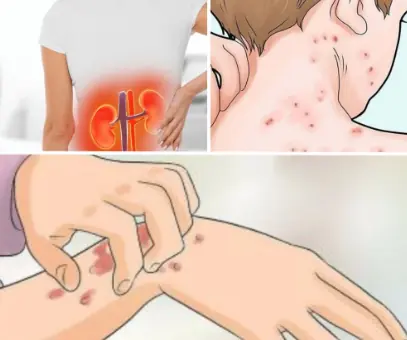
A Drink Beloved by Billions Contains a 'Sea' of Harmful Microplastics: The Hidden Danger of Tea
Tea is one of the most beloved beverages worldwide, with billions of people enjoying its calming effects, rich flavors, and cultural significance. From the bustling streets of London to the serene tea gardens of China, it holds a special place in the hearts of millions. However, recent studies have raised alarming concerns about the hidden dangers lurking in the cups of tea that so many of us cherish.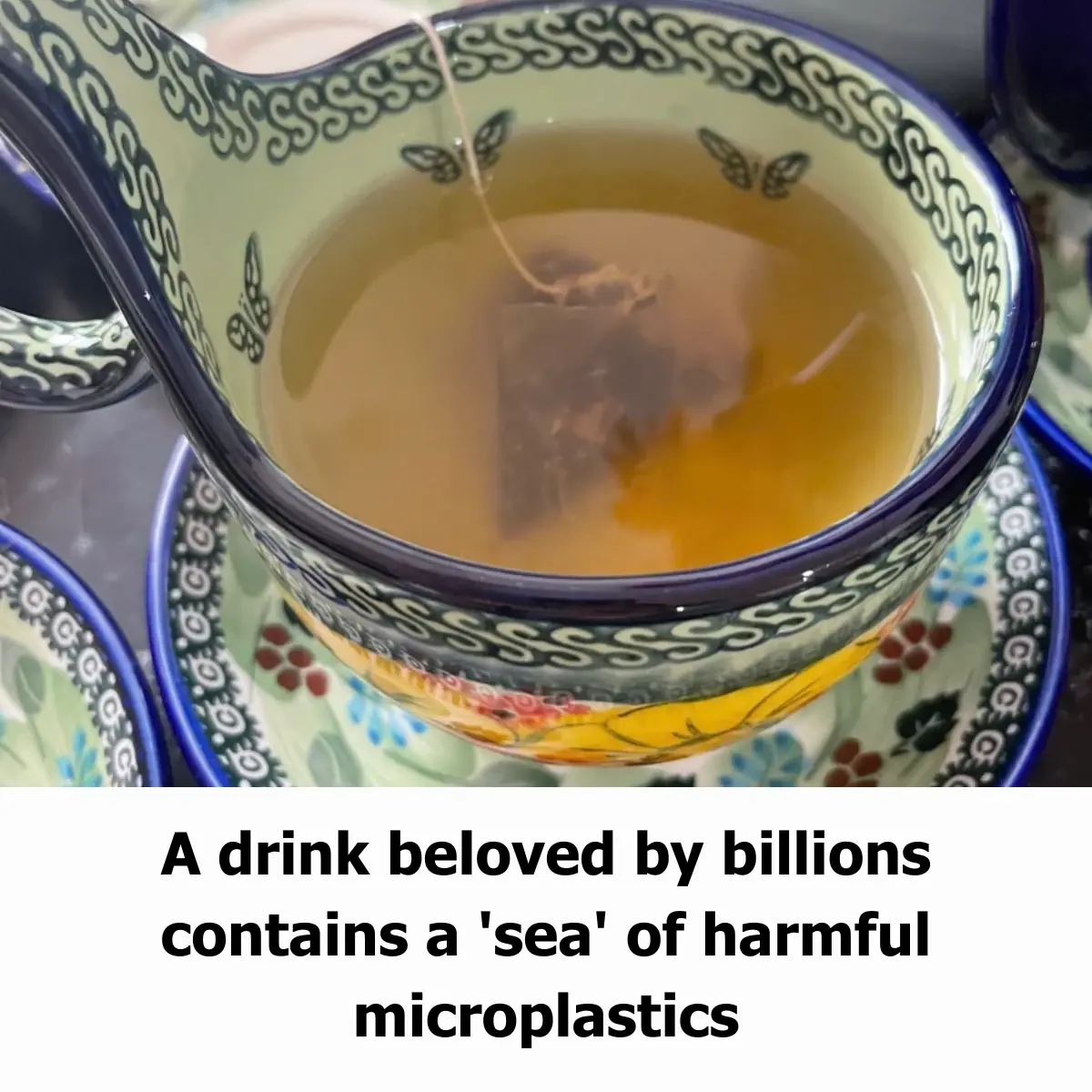
New research has revealed that tea, particularly when consumed from commercial tea bags, may contain a shocking amount of harmful microplastics. These microscopic particles, which are a result of plastic pollution, are found in tea bags made from synthetic materials like nylon or PET (polyethylene terephthalate). A study conducted by researchers at the University of Hull in the UK discovered that a single plastic tea bag can release as many as 11 billion microplastic particles into a cup of tea.
Microplastics are tiny plastic fragments, typically less than 5 millimeters in size, that result from the breakdown of larger plastic items. These particles have become a pervasive environmental issue, polluting oceans, rivers, and even the air we breathe. While they are often associated with larger plastic waste in oceans, microplastics have now been found in a wide range of food and beverages, including the drink many of us consume daily – tea.
The primary concern lies in the materials used to make many modern tea bags. While traditional paper tea bags may seem safe, many commercial brands have shifted to using nylon or polypropylene, materials that are durable but harmful to the environment. When hot water interacts with these bags, microplastics are released into the tea, which people unknowingly consume.
While the health risks of ingesting microplastics are still being studied, preliminary research indicates that these particles can accumulate in the body over time. Some studies suggest that microplastics may cause inflammation and disrupt the endocrine system, although more research is needed to fully understand their long-term effects on human health.
It's not just the microplastics in tea bags that should raise concerns. The tea itself, particularly when grown in areas with heavy industrial pollution, can absorb microplastics from the surrounding environment. As tea plants grow, they can take in these tiny particles from contaminated soil or water. This contamination can then make its way into the leaves, which are eventually processed and packaged for consumption.
Fortunately, there are ways to minimize exposure to microplastics in tea. Opting for loose-leaf tea rather than bagged tea is one of the best strategies. Loose-leaf tea is often packaged in biodegradable materials or paper, avoiding the risk of plastic contamination. Additionally, some brands are now making eco-friendly tea bags made from plant-based materials like corn starch or abaca fiber, which do not release microplastics into the beverage.
For those who prefer the convenience of tea bags, choosing brands that use natural, biodegradable materials can help reduce the potential risk. It’s also important to check labels and support companies that are committed to sustainability and reducing plastic use.
News in the same category

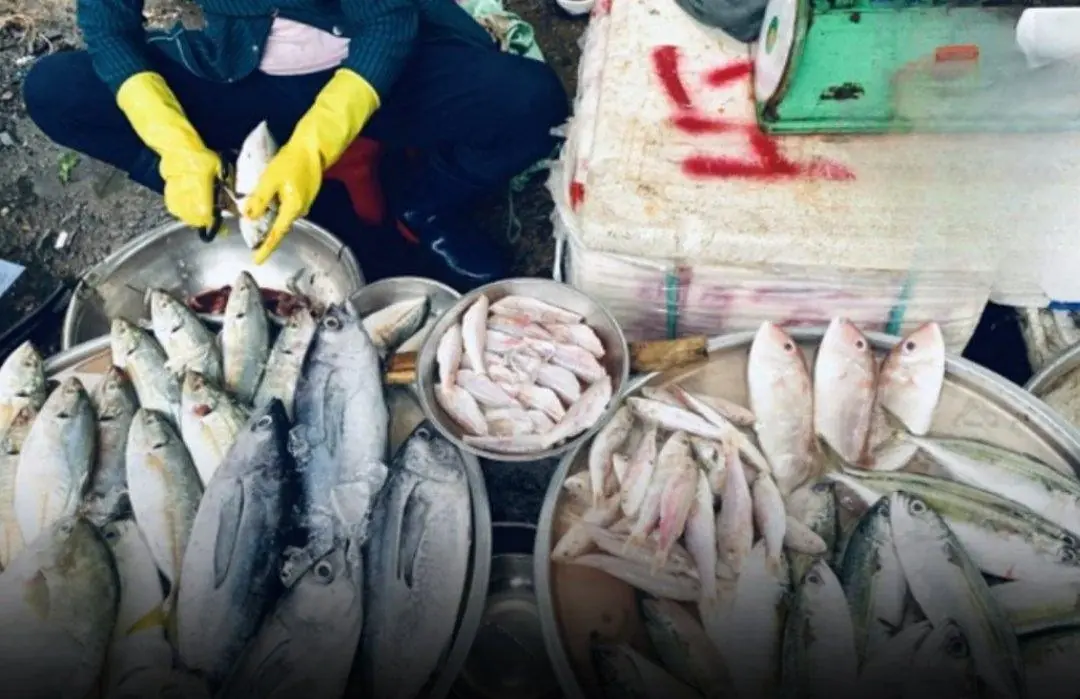
A low price tag isn’t always a good deal—don’t be too quick to buy
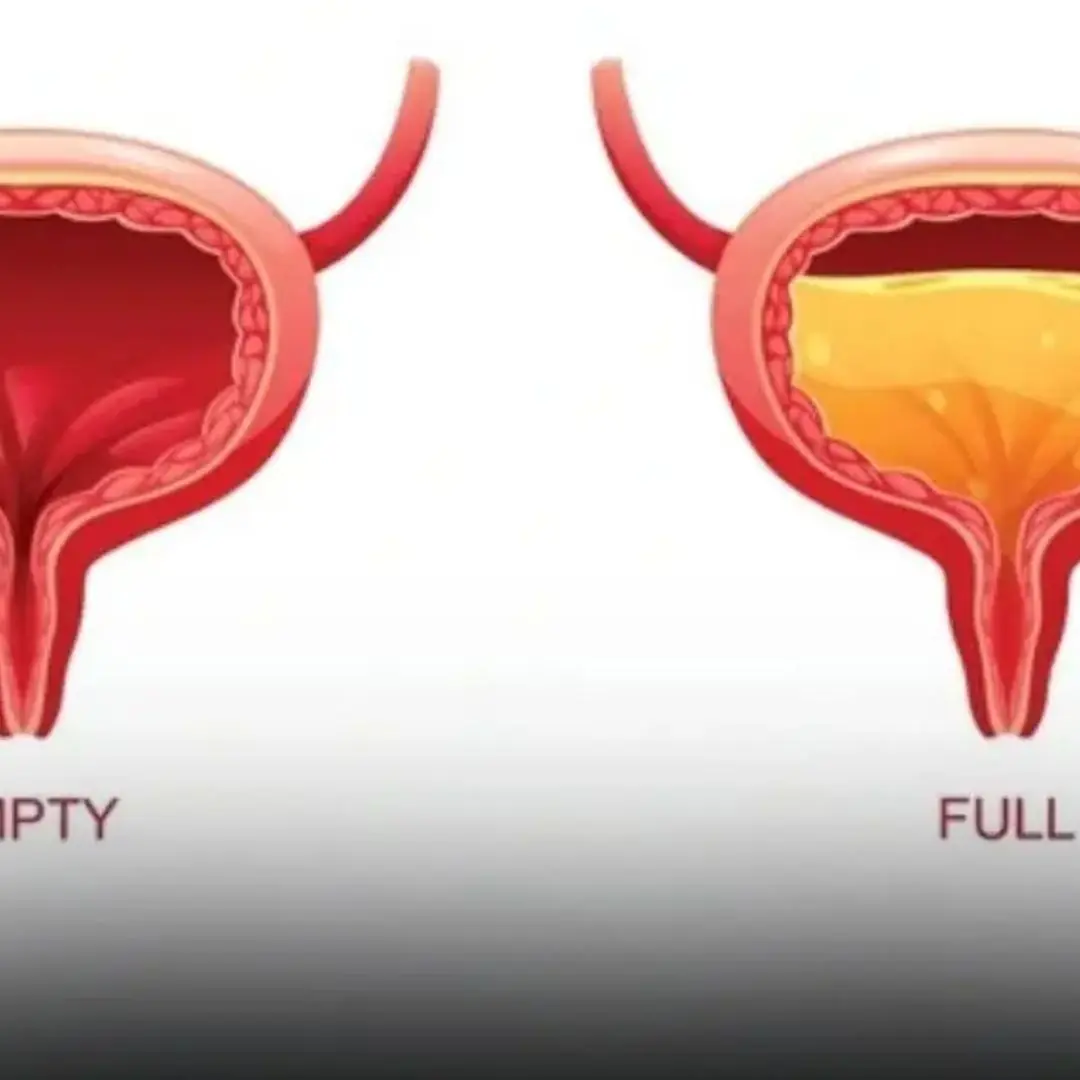
7 Foods To Eat And 7 Το Avoid For Bladder Health

Longevity May Depend on Age 69: If You Can Still Do These 5 Things Easily, You’re Likely to Live to 90

Some selfish and unhealthy habits from a husband can directly increase the risk of cer.vical can.cer in their wife.
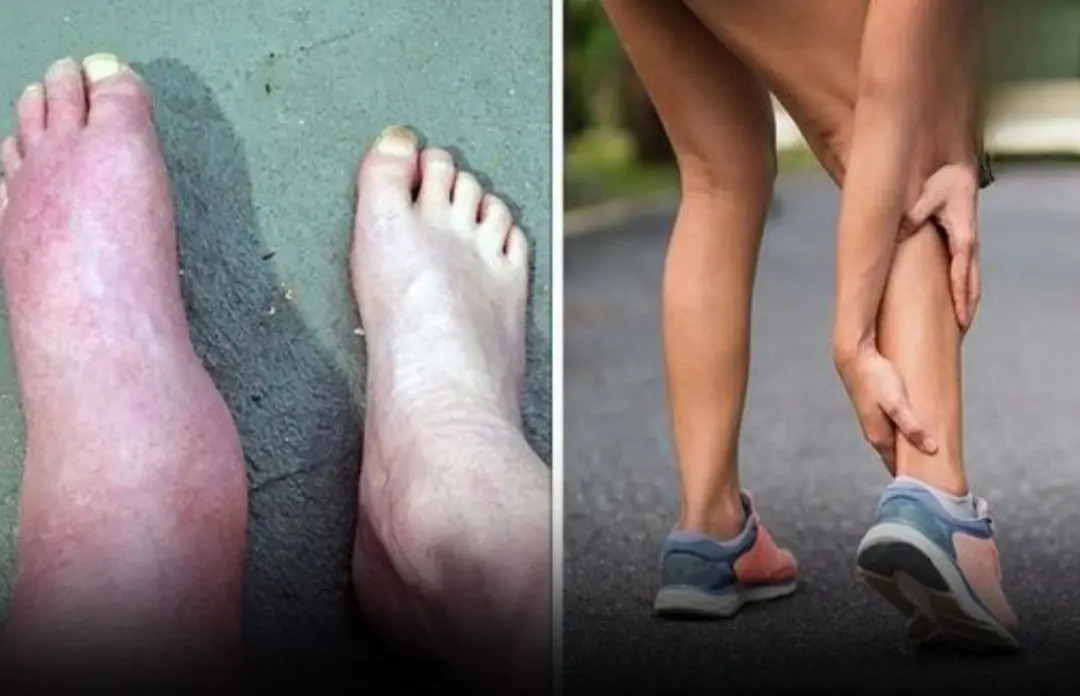
The Foot Symptom That Signals the Damage May Be Irreversible

Deputy Director of Thai Hospital Warns: 5 Foods That Can Lead to Kidney Failure When Eaten in Excess
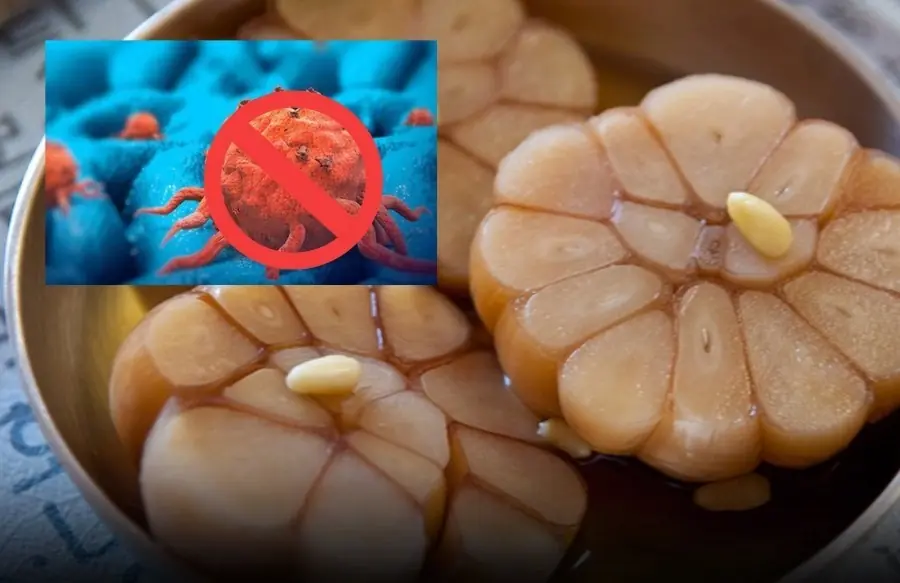
There is no medicine as benign as the substances in food.
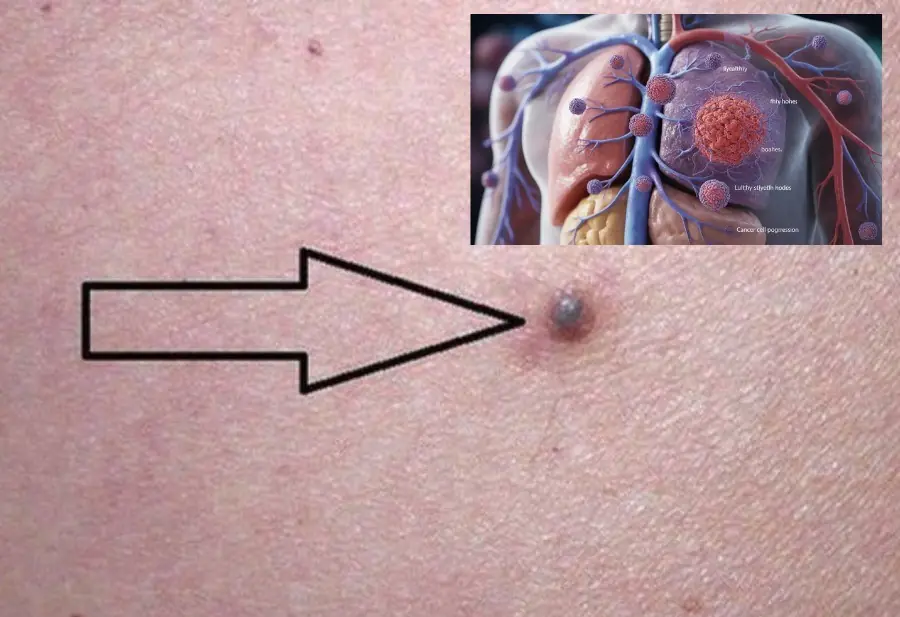
Waking up to these 7 signs may mean your body is silently feeding can.cer cells.
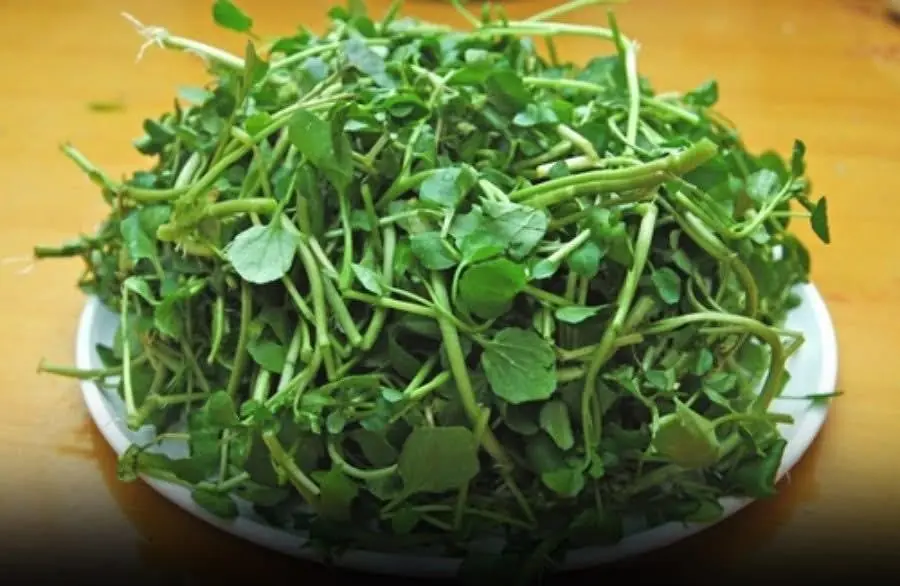
4 best vegetables to help prevent can.cer
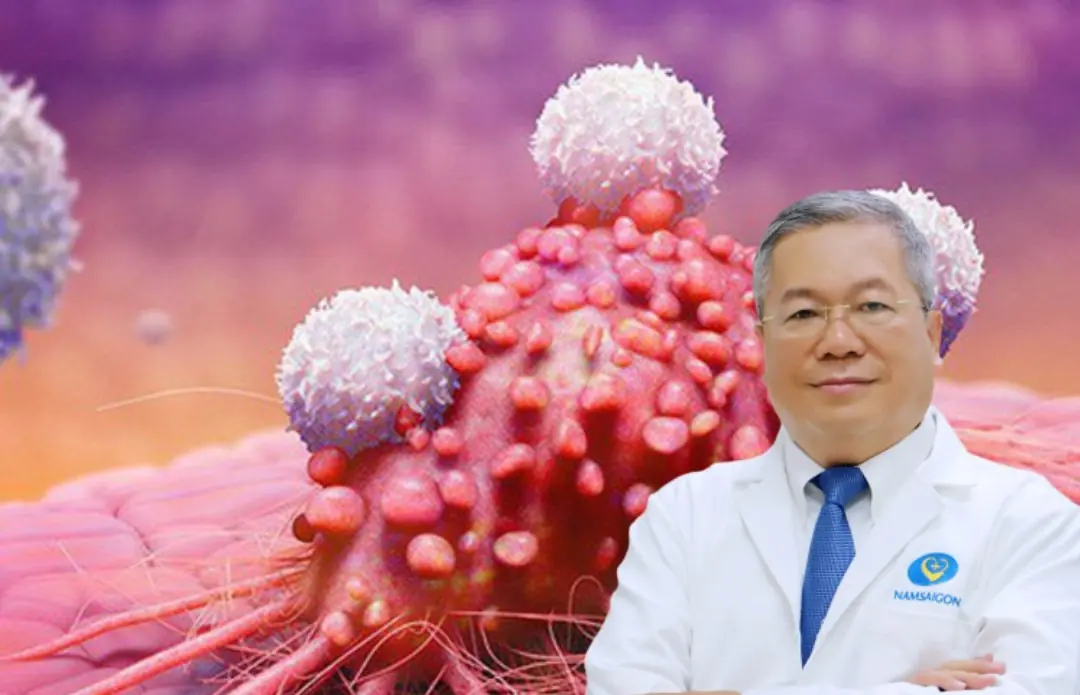
A leap forward in medicine. Good news for everyone. Read now
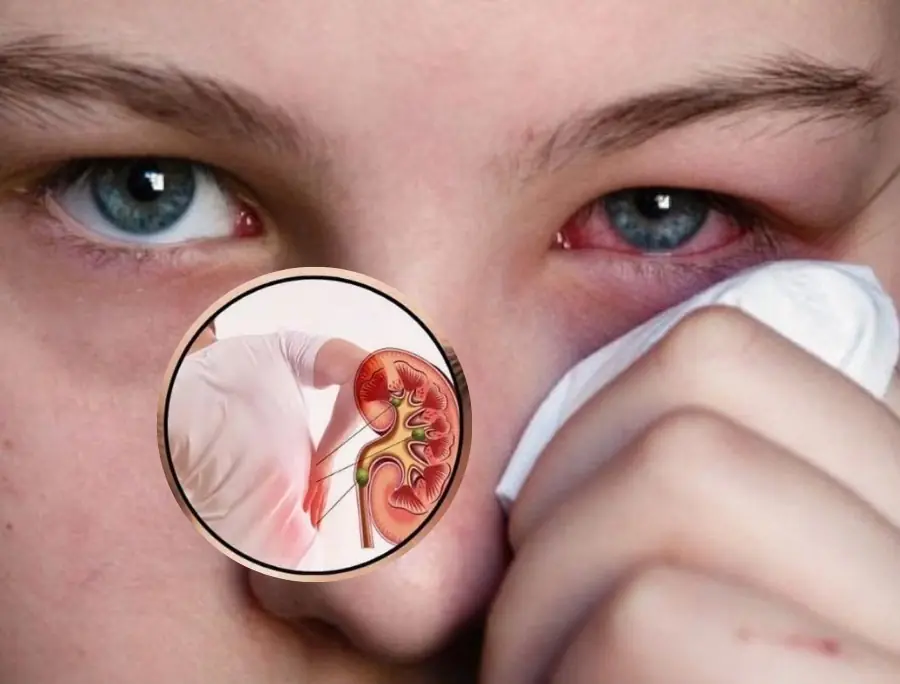
8 signs of kid.ney failure that if ignored may require lifelong dialysis
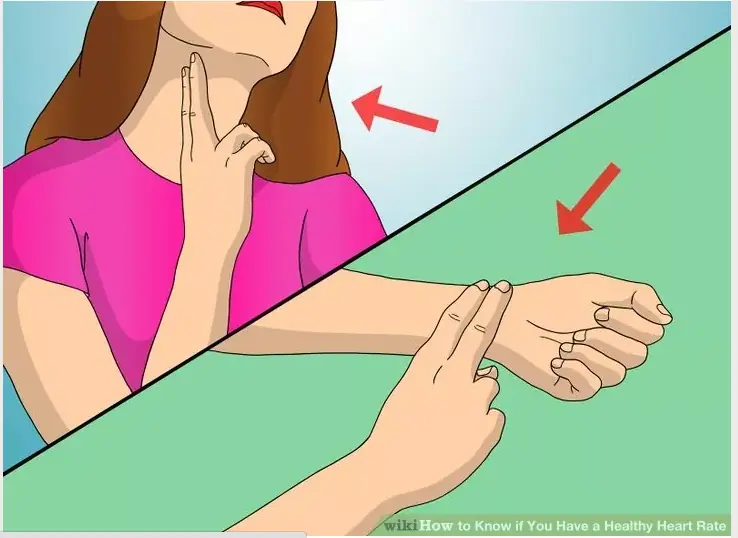
7 Simple Ways to Check If Your He.art Is Healthy
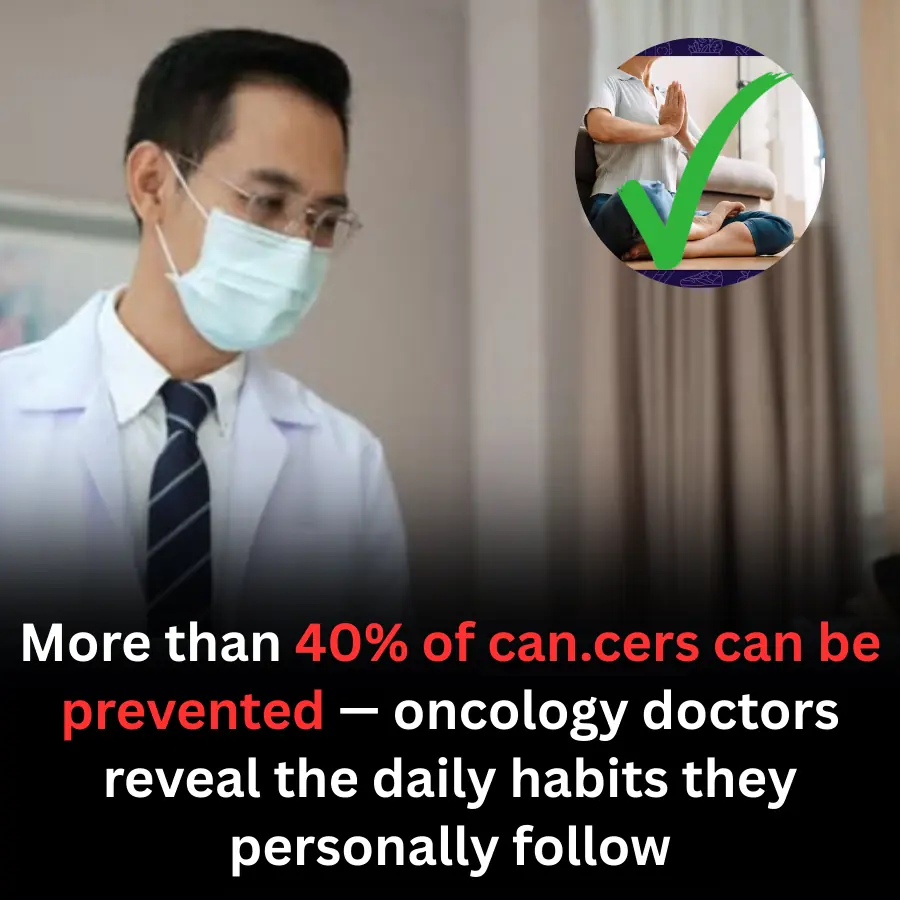
Over 40% of Can.cers Are Preventable: Oncology Doctors Reveal the Daily Habits They Trust Most
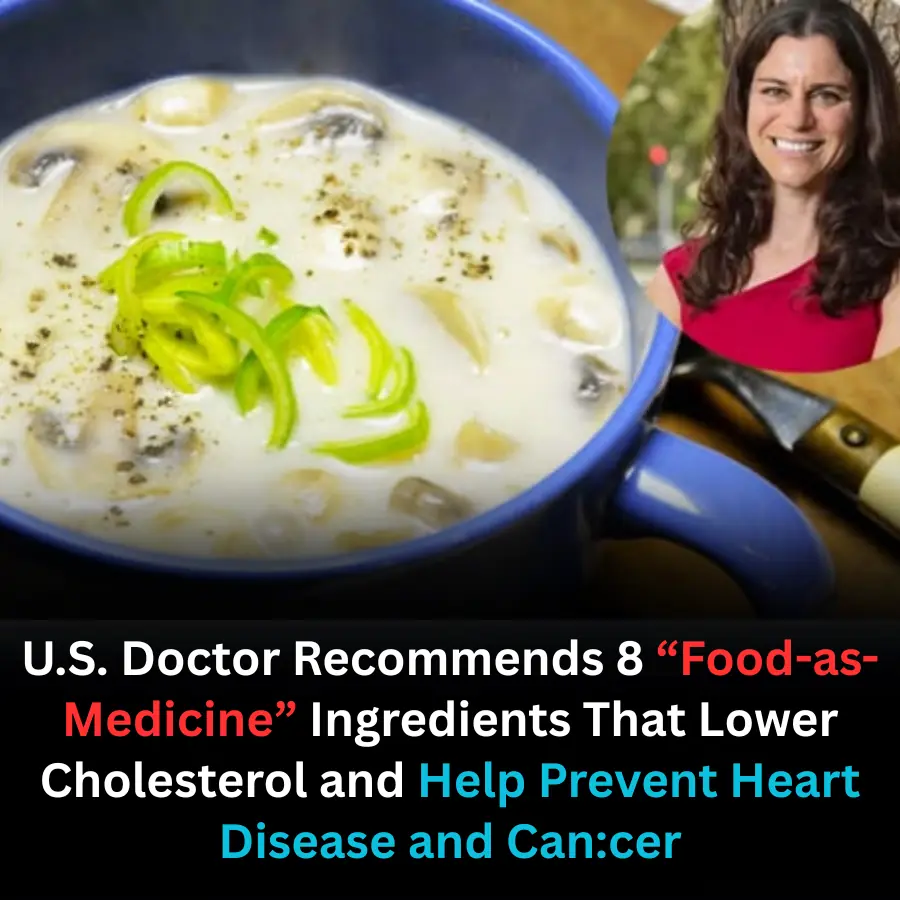
U.S. Doctor Recommends 8 “Food-as-Medicine” Ingredients That Lower Cholesterol and Help Prevent Heart Disease and Can.cer

Midnight Phone Reach Leaves Woman Paralyzed on One Side: Doctors Urge the Public Not to Ignore Early Warning Signs
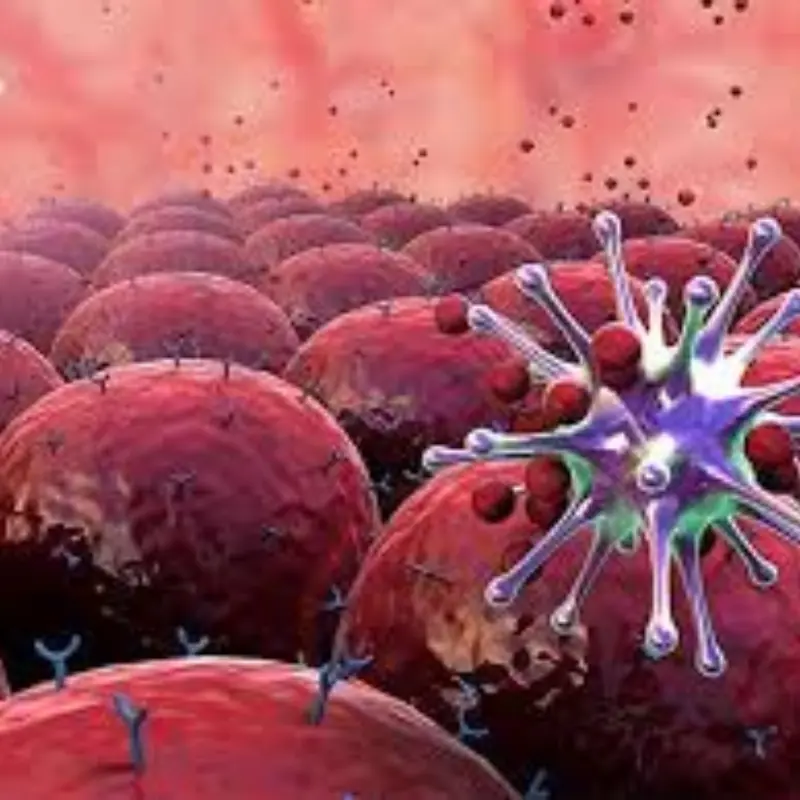
This Food May Help “Slow Down” Can.cer Growth — It’s Hidden in Daily Meals, Yet Many People Don’t Eat Enough of It

Woman Paralyzed on One Side After Turning Over to Grab Her Phone at Night: Don’t Ignore These Warning Signs

A Husband and Wife Were Both Diagnosed With Li.ver Can.cer

The More You Eat This Type of Meat, the Greater the Danger: Over 2,800 People Linked to Bra.in Damage and High Blo.od Pressure
News Post

If Your Kidneys Are in Danger, the Body Will Show these 10 Signs

More People Are Developing Kidney Failure; Doctor Warns of 4 “Tox.ic Drinks” Behind the Surge: “Cut These Down Immediately”

A low price tag isn’t always a good deal—don’t be too quick to buy

7 Foods To Eat And 7 Το Avoid For Bladder Health

Longevity May Depend on Age 69: If You Can Still Do These 5 Things Easily, You’re Likely to Live to 90

Some selfish and unhealthy habits from a husband can directly increase the risk of cer.vical can.cer in their wife.

Mother-in-law came to ask for money with a key to our apartment, but she didn’t expect to find my husband

The Foot Symptom That Signals the Damage May Be Irreversible
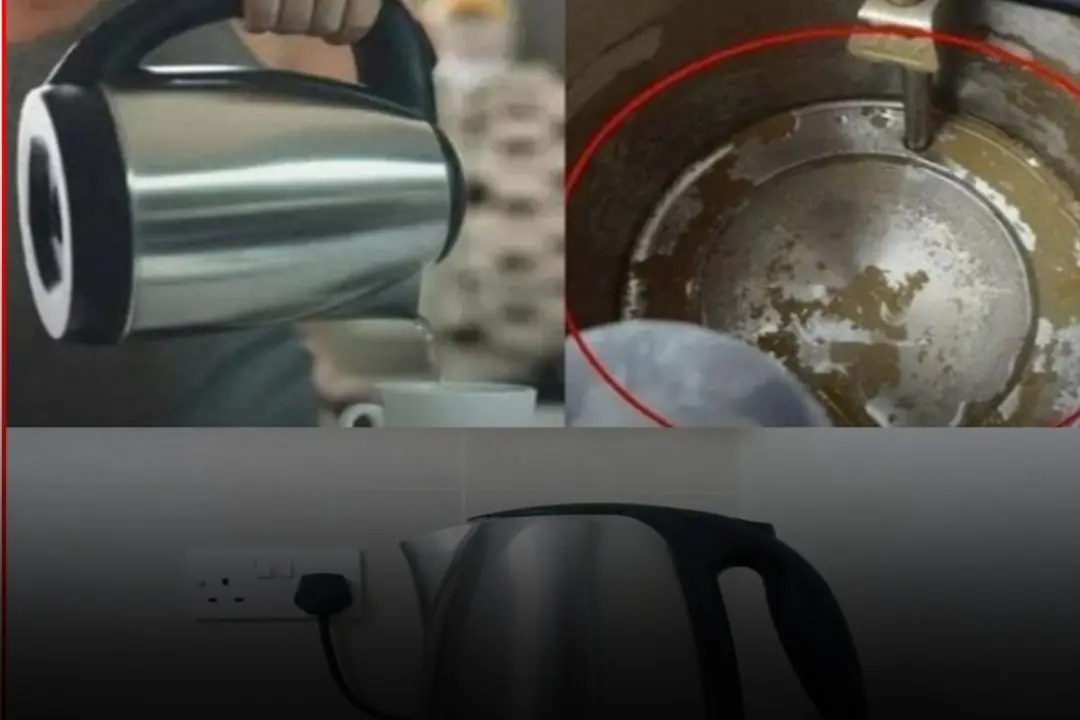
Condolences to those who are using these 4 types of electric kettles

A Mother’s Battle: Standing Up for My Children Against Family Betrayal

Deputy Director of Thai Hospital Warns: 5 Foods That Can Lead to Kidney Failure When Eaten in Excess
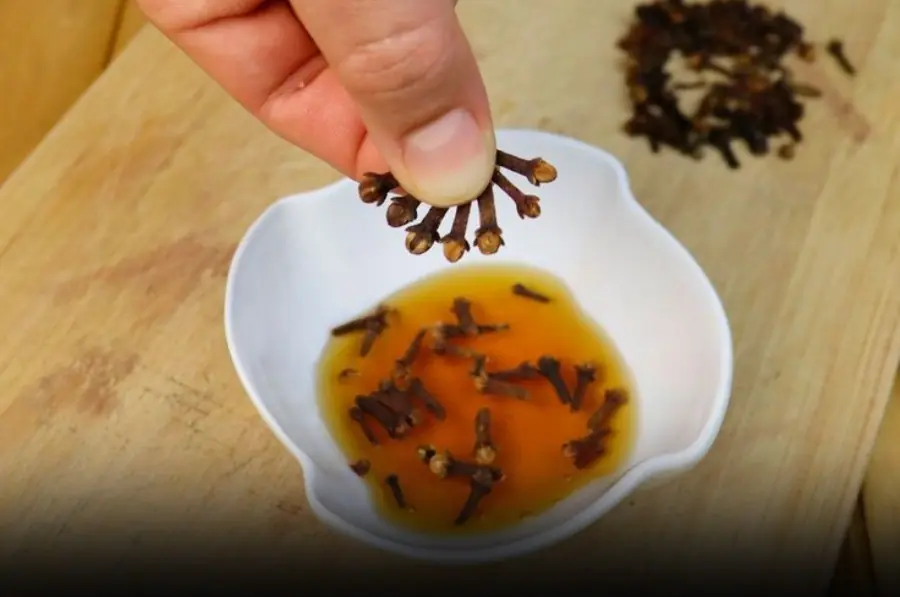
Mix cloves, honey, and cinnamon and you will thank me! This is my grandmother's secret...

There is no medicine as benign as the substances in food.

Waking up to these 7 signs may mean your body is silently feeding can.cer cells.

4 best vegetables to help prevent can.cer
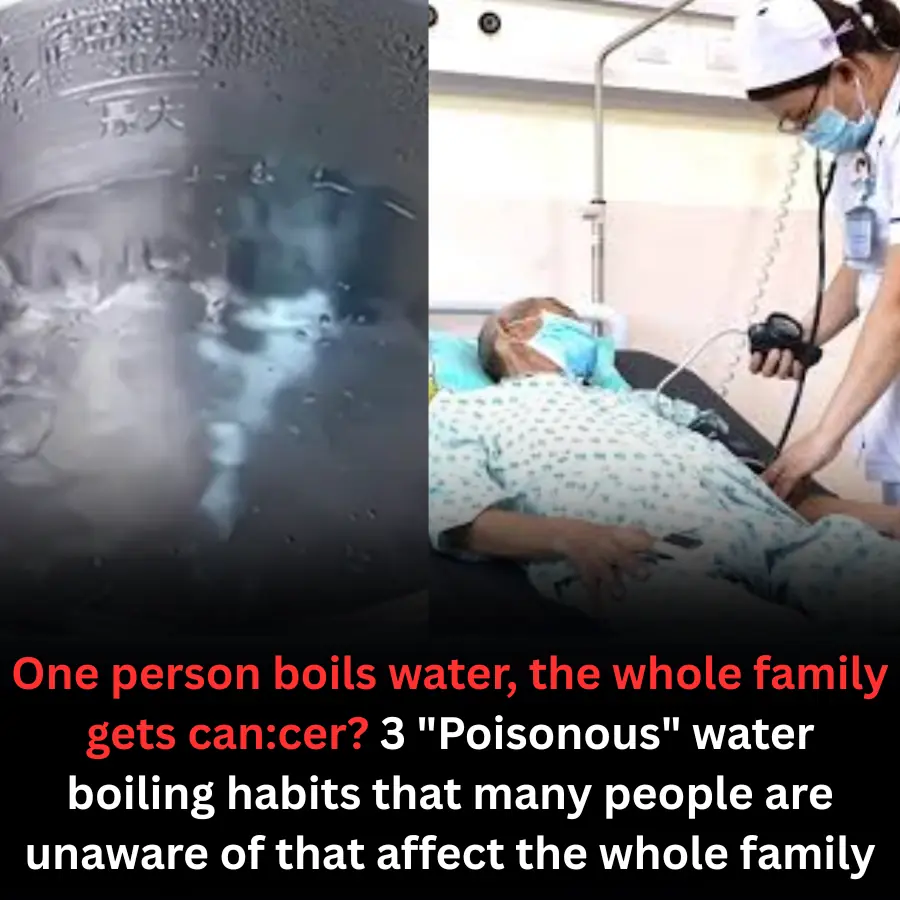
Boiling Water the Wrong Way? Experts Warn: These 3 Common Habits May Increase Cancer Risk for the Whole Family

A leap forward in medicine. Good news for everyone. Read now

8 signs of kid.ney failure that if ignored may require lifelong dialysis

🍗🍝 Ultimate Creamy Pasta with Grilled Chicken & Veggies 🥦
